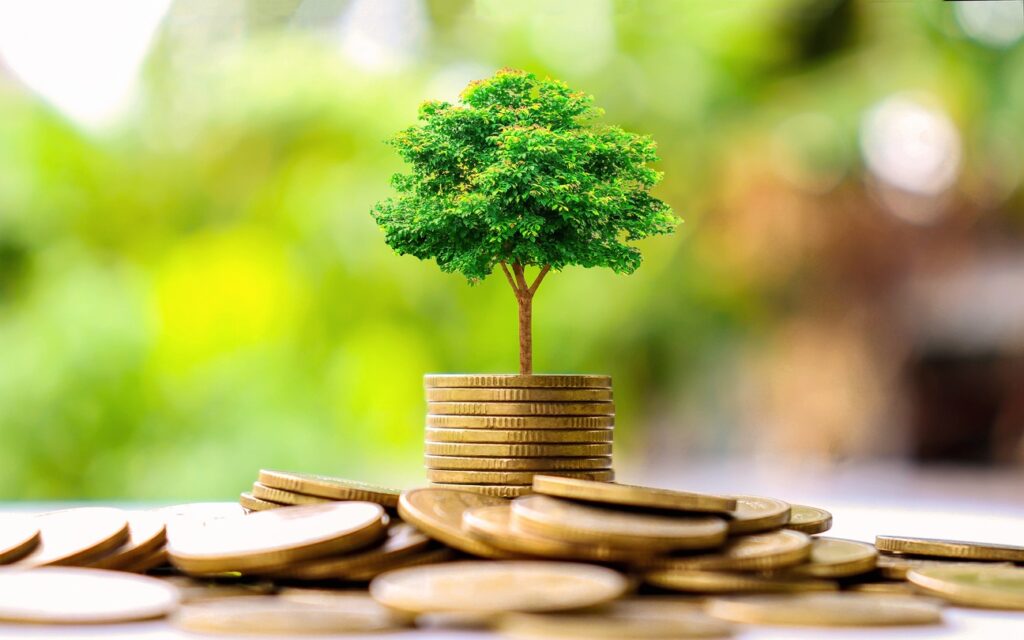
The trajectory of wealth planning is slowly shifting to reflect the emerging importance of sustainability. Individuals are becoming increasingly conscious of environmental and social responsibility and, as such, have become a consideration in wealth planning for many. The desire to strike a reasonable balance between making sure loved ones are taken care of financially, but also supporting a more sustainable society for them to prosper in has become a priority.
There are 3 areas where wealth planning could be considered more sustainable.
Philanthropy and Impact Investing
These are powerful tools that can be effectively integrated into wealth planning. Both seek to generate social and environmental benefits, while in turn, delivering a financial gain. Individuals may shift their focus on driving change through socially and environmentally sustainable investment schemes, while inherited wealth might be re-structured to allocate a portion towards impactful investments as part of a balanced portfolio.
Charitable Gifting
Individuals may be able to reduce their inheritance tax liability by 4% (to 36%) if they decide to gift 10% or more of their net estate to charity. By donating to qualifying charities, individuals can benefit from tax reductions while supporting causes that underpin their personal values and philosophies. This ensures charities with a focus on sustainability are supported and recognised.
David Clarke, a researcher from Liverpool, gifted his entire inheritance from his late mother’s estate to four charities in Liverpool. He explained that he wanted to tackle social inequality through his inheritance as he felt as though he already had a ‘comfortable’ life. The charities he donated to focused on supporting vulnerable and disadvantaged individuals across all walks of life. [1]
Sustainable Assets
Sustainable assets may also play a role in wealth planning. As society is becoming increasingly aware of climate change, individuals are intentionally opting for more sustainable means of living, such as investing in sustainable transport options (such as electric cars, cycling or public transport) and implementing dietary changes. As a result, inherited properties may go through a level of evaluation regarding their environmental impact. For example, the notion of homes being ‘eco-friendly’, made from sustainable materials and being energy efficient may take precedence for future generations, thus influencing decisions when inheriting or opting to gift assets. By focusing on sustainable assets, individuals have the opportunity to align their financial goals alongside sustainable objectives.
Conclusion
Wealth allocation has begun to mirror the shift in societal values and priorities, driven by the increased awareness of our actions on society and the environment. Individuals may feel a sense of responsibility to positively shape the world that future generations will continue to develop in.
[1] https://www.theguardian.com/uk-news/2024/feb/07/liverpool-man-who-inherited-100000-lets-12-strangers-give-the-money-away
This update is for general purpose and guidance only and does not constitute legal advice. Specific legal advice should be taken before acting on any of the topics covered. No part of this update may be used, reproduced, stored or transmitted in any form, or by any means without the prior permission of Brecher LLP.




